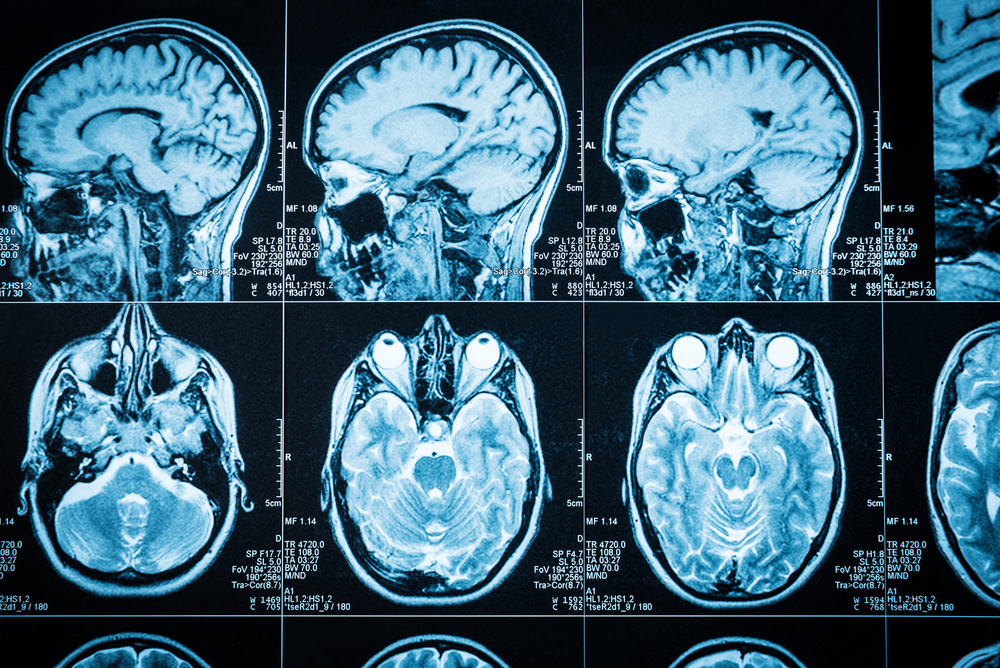TRACK ALS Succeeds in Measuring Brain Inflammation Using a PET Scan and Biomarker

Researchers have succeeded in using an imaging technique to record changes and inflammation in the brain of a person with amyotrophic lateral sclerosis (ALS), using a potential biomarker of inflammation. The research, conducted at The Neurological Clinical Research Institute (NCRI) at Massachusetts General Hospital, is part of the TRACK ALS project to identify imaging markers of ALS, so as to facilitate early diagnosis and develop new therapies.
“This is an exciting milestone towards the goal of developing the imaging approach as a readout for inflammation, a critical tool to expedite clinical trials. The study plans to enroll 50 ALS patients and 50 healthy volunteers, and we hope to be able to clearly characterize the role of inflammation in people living with ALS,” Lucie Bruijn, PhD, MBA, chief scientist for the ALS Association, said in an ALS press release.
TRACK ALS is a large multicenter, longitudinal and comprehensive biomarker study exploring the whole genome sequencing, imaging, biofluid inflammatory biomarkers, and pluripotent stem cell generation. The project is funded through the ALS ACT initiative, an academic-foundation-industry partnership that includes the ALS Association and ALS Finding a Cure team.
The study is currently recruiting participants, and more information is available through its clinical trials.gov website (NCT02559869).
PET imaging is part of the TRACK ALS project. For its use at Massachusetts General Hospital (MGH), a radiotracer was designed that could actively bind to glial cells, a category of cells providing neurons with structural and metabolic support. These glial cells would act as surrogate markers of brain inflammation. The preliminary results using a similar tracer revealed elevated uptake in cells from ALS patients, a finding consistent with clinical records. Scanning of the first ALS patient using PET biomarkers constitutes a very encouraging step in the imaging biomarker study, and in the TRACK ALS project as a whole.
“Inflammation is an important target for ALS drug development, and we believe imaging inflammation may allow us to design and conduct efficient ALS clinical trials and will accelerate the pace of ALS drug discovery,” said Dr. Nazem Atassi, the study’s primary investigator. “This important milestone was only possible through close partnership between the study teams at the NCRI, MGH molecular imaging team … Houston Methodist Hospital … and GE Healthcare.”
“We are excited to be part of this academic and industry partnership to accelerate advancement of PET and MRI markers of this devastating disease. We believe that a critical component to enable efficient clinical trials for new therapeutic agents is the development of reliable imaging measures of the disease. PET imaging could provide unique information about inflammation in the brain and the role it plays in ALS,” concluded Peter Foss, president of ALS Finding a Cure Foundation.
ALS, a neurodegenerative disease affecting motor neurons, results in the gradual loss of the muscle control and difficulties in swallowing, speaking, and breathing that eventually lead to paralysis.
There is no known cure for ALS. Riluzole (brand name, Rilutek), its only U.S. Food and Drug Administration-approved drug, modestly improves survival.






